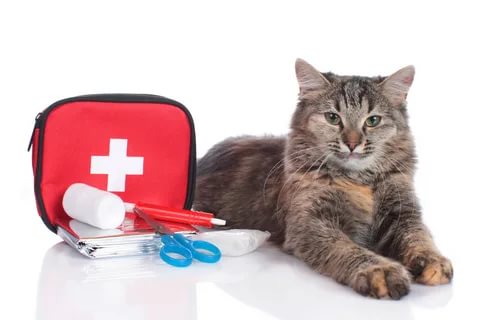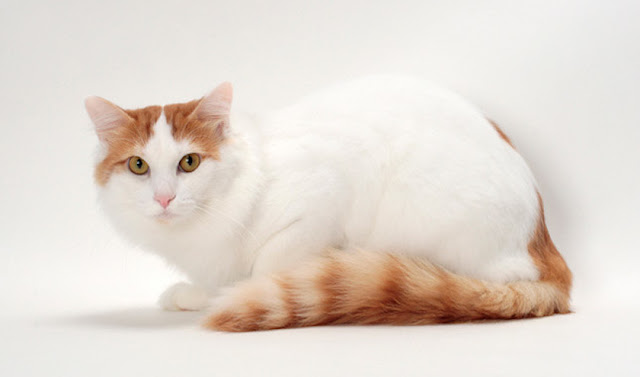Since the rise of the Covid pandemic, the possible job of creatures in contracting the sickness has been inspected and distributed by researchers. This is on the grounds that the infection that causes COVID-19 has a place with the group of Covids that cause sickness in an assortment of vertebrates.
Proof demonstrates that this infection began in bats, and my partners at the University of Glasgow as of late established that the subtype of the Coronavirus to which the infection has a place has been coursing among bats since the 1940s.
So it bodes well for specialists to consider whether the infection could be communicated to partner creatures, regardless of whether these creatures could show indications of contamination, and whether they assumed any job in the study of disease transmission of the illness.
Felines are the UK's most famous pets - a 2019 study indicated that there are almost 11 million Maws in homes the nation over. Public worry about felines was at first raised when tigers and lions at the Bronx Zoo in New York were found to have the SARS-CoV-2 infection, which causes COVID-19.
There have additionally been inconsistent reports of felines from groups of COVID-19 in Hong Kong, Belgium, France, Spain and the United States that have positive tried for the infection.
All in all, could our homegrown felines some way or another be associated with this pandemic here in the UK? We chose to discover.
Looking for Covid in UK felines
Toward the beginning of May, my associates and I acquired moral endorsement to review feline testing for SARS-CoV-2 and before long work started looking at routine across respiratory examples taken from felines the UK. We have additionally dispatched an appeal to veterinary specialists to demand tests from suspected cases.
Subsequent to looking at many examples, this synergistic exertion in the long run prompted the disclosure of a feline tainted with SARS-CoV-2 in southern England, which was inspected in mid-May. Different examples introduced to our veterinary associates at the Agency for Animal and Plant Health uncovered that this feline had built up an immunizer reaction to the infection, which demonstrates that it has just been presented to a genuine disease and affirms that it's anything but a straightforward instance of pollution of the example.
The conditions demonstrate that the feline was contaminated with the infection from its proprietors, who had recently tried positive for COVID-19.
Now, the OIE was informed by the UK's main veterinarian and the press was alarmed. We are at present setting up a paper on our discoveries for distribution.
Would it be a good idea for me to be stressed over my feline?
So what does this case advise us? Our examination corresponded with the episode of COVID-19 in the United Kingdom, zeroing in on felines with respiratory manifestations. Our finding of one tainted individual out of the hundreds that has been screened reveals to us that contamination in felines is generally extraordinary. This is strengthened by the way that the other feline in the house was rarely tainted, either by its proprietors or the contaminated feline.
Despite the fact that the feline had gentle indications, including a runny eye and nose, these signs were reliable with a cat herpesvirus disease, which this feline additionally tried positive. There is no proof that SARS-CoV-2 was making this feline sick and luckily the feline and its proprietors made a full recuperation.
It is critical to appraise that while, until now, around 18 million individuals have tried positive for COVID-19, a couple of influenced felines have been recognized the world over.
All accessible proof, hence, demonstrates that felines are not associated with spreading COVID-19. Notwithstanding, the significance of this sort of creature control work is obvious, taking into account that 1,000,000 minkes were as of late executed in the Netherlands and Spain since they were associated with the spread of the infection.
Our doubt on account of felines is that catlike contamination essentially speaks to a "spread" of the human plague, and we are as of now examining the genome groupings of the infection from the case we found to explore this speculation.
Our outcomes and those from different investigations, for example, work in the United States that demonstrated that tentatively tainted felines are briefly contaminated, can give general consolation to pet proprietors.
It is impossible that your feline has gotten the Coronavirus, and in the event that it does, you will probably pass on spreading it further.






Post a Comment